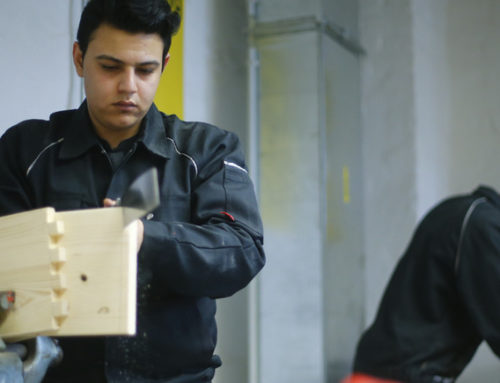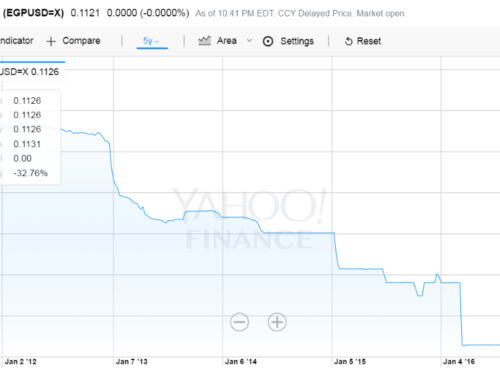I feel really strongly about Bahrain – not only because of friends there, but also because I feel that I am probably not doing enough to publicize what’s going on there. So here’s a very small attempt at doing that.
Originally posted on Foreign Policy.

Zainab al-Khawaja, on hunger strike since March 17, escalated her protest last weekend and now refuses liquids as well, risking her internal organs shutting down, according to an urgent appeal by the Bahrain Center for Human Rights.
Zainab is reportedly having severe hypoglymia with HGT measurements reaching 2. Her family reported that she sounded fatigued, said she was suffering loss of memory and concentration. Having initiated a dry hunger strike now, including no intake of glucose, will put her at high risk of sudden onset arrhythmias, loss of consciousness and possibly death especially that she is in a detention center were no cardiac monitor or cardiac resuscitation service is available.
Zainab (pictured above) is on strike because, not only has the Khalifa regime arrested her arbitrarily, they have also taken away her visiting rights, preventing her from seeing her three-year old daughter Jude.
Not far away, her incarcerated father Abdulhadi is also on strike, in solidarity with his daughter. His health is deteriorating; but his wardens won’t allow him medical care until he wears the grey prison uniform reserved for convicted criminals. But Abdulhadi, a prisoner of conscience, was not even convicted criminally. The uniform demand is simply another attempt at humiliating the prisoner — yet another failed attempt.
Serving a life sentence since 2011 on the charge of “plotting to overthrow the government,” Abdulhadi went on hunger strike once before, for an incredible 110 days. More than two months into the strike, alarmed by the actual possibility of his death, the government had him drugged and forcibly fed by a nasoenteric tube. Ultimately, he ended his strike voluntarily.
Abdulhadi and Zainab al-Khawaja are but two among many human rights activists in Bahraini prisons — representing the plight of a nation.
On Wednesday, it was reported that Abdulhadi began drinking water at the behest of his brother, also incarcerated with him, after his health had deteriorated. Zainab, too, reportedly drank some water after she had begun coughing blood.
Maryam al-Khawaja, the youngest in the al-Khawaja family living in quasi-exile in Denmark, is the acting director of the Bahrain Center for Human Rights and a tireless advocate for Bahrain’s cause abroad. “Not a week passes without protests in various villages across Bahrain,” she told me at a conference in Tunis last week. Moving the audience with rhetorical gifts, Maryam’s words were a reminder that, as personable as the plight of the Khawaja family is, it is truly the plight of a nation. Beyond the simplistic accusation of the movement as a Shiite rebellion against the Sunni authority, Maryam reminded us that some of the most renowned freedom fighters in the Bahraini revolution are Sunni, while the propagandist Minister of State for Information is a Shiite. Rather, the Bahraini revolution is one taking place in villages the country over, but it is drastically underreported.
It is no secret why Bahrain’s revolution seldom makes it onto our radar screens: With the Bahraini King being a staunch ally for Gulf and Western regimes, most media outlets, Arab and Western, usually refrain from reporting anything negative coming out of the island. A notable exception in the U.S. media is Nick Kristof — primarily because he holds a grudge against the Bahraini regime for tear-gassing and detaining him in 2011, and then banning him entry to the country altogether last December. (I’m grateful to the Bahraini regime for turning Kristof into such an advocate).
Zainab al-Khawaja wrote a letter from prison which was widely published. She quotes Martin Luther King Jr., John F. Kennedy, and Henry David Thoreau. It is an intimately personal and brutally honest missive to the world, but also to herself and to her daughter, on why their fight against tyranny is important — and why
Maryam al-Khawaja emphasized that publicizing the situation in Bahrain does help, citing the example of medical professionals and hospital staff who were incarcerated for committing the “heinous” crime of treating patients who happened to be regime opponents; they were released when their case garnered global attention.
I urge you to read the appeal from the Bahrain Center for Human Rights, as well as Zainab al-Khawaja’s letter from jail. For updates on this case, follow both Maryam al-Khawaja as well as her mother, Khadija Almousawi, who are very active on Twitter.
Read them. And share them widely. As our governments observe complacently, there are people dying by the minute.
Perhaps it’s time we citizens did something ourselves.



